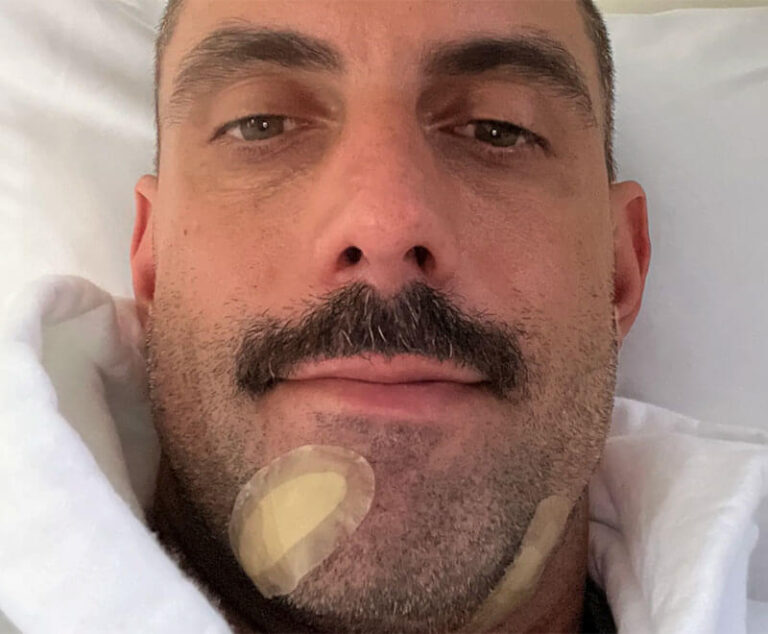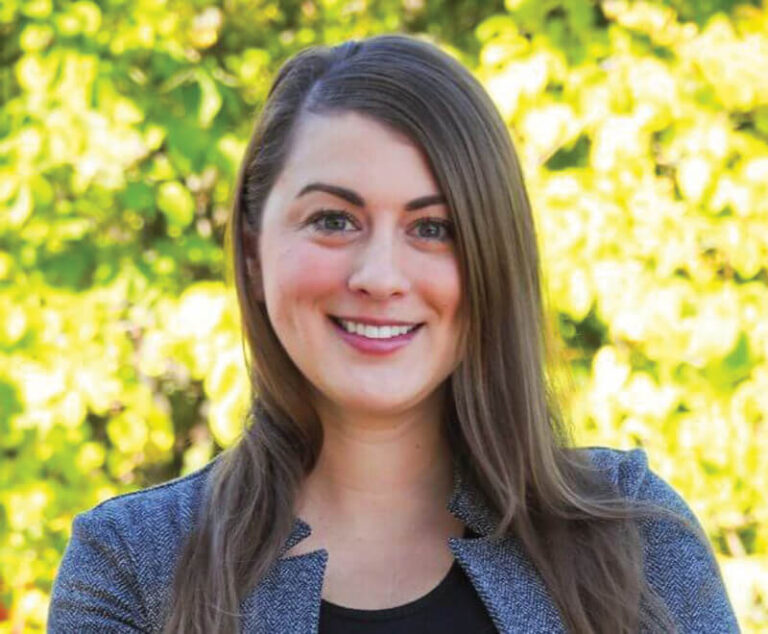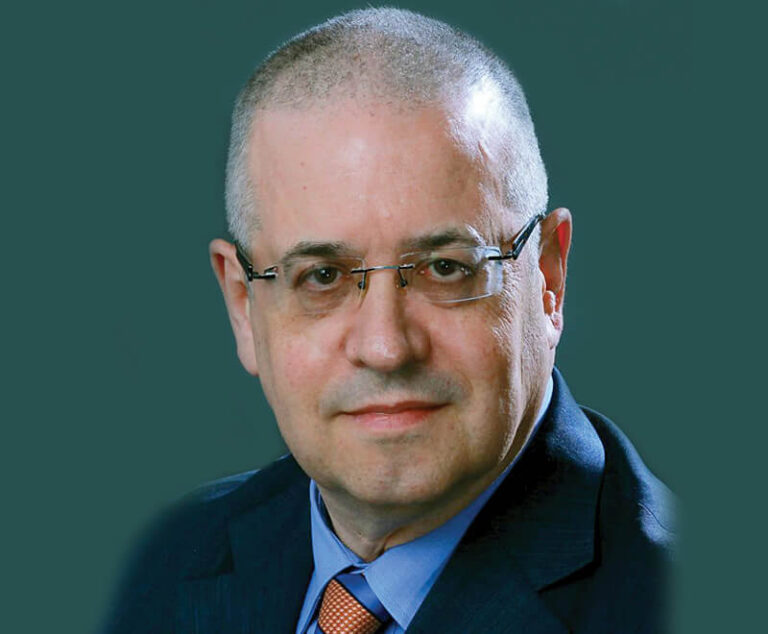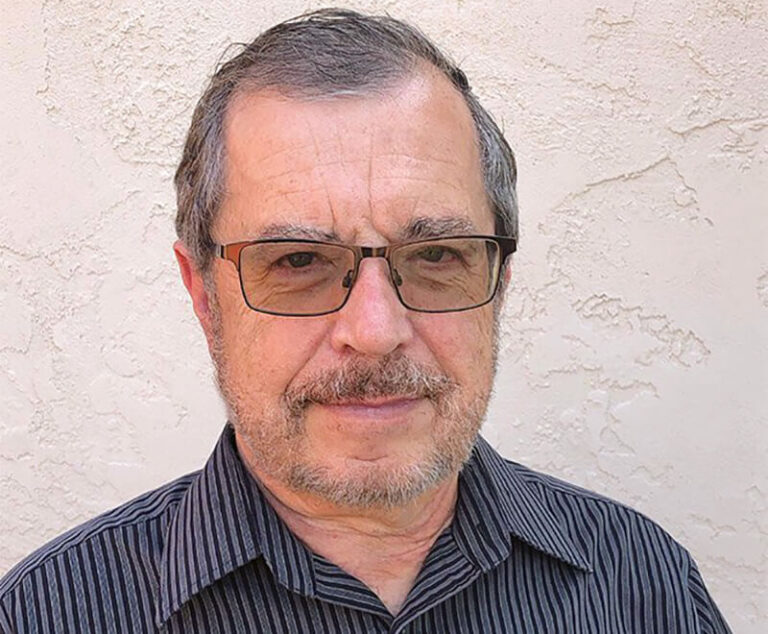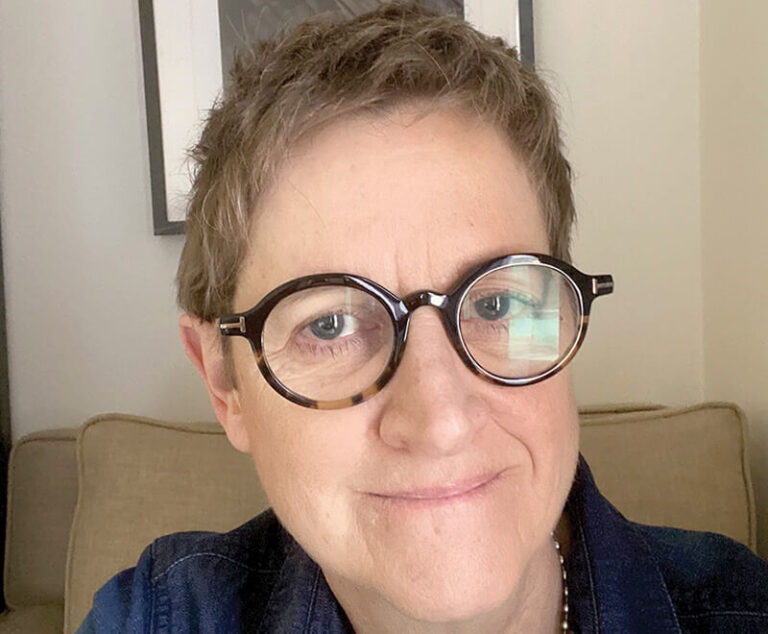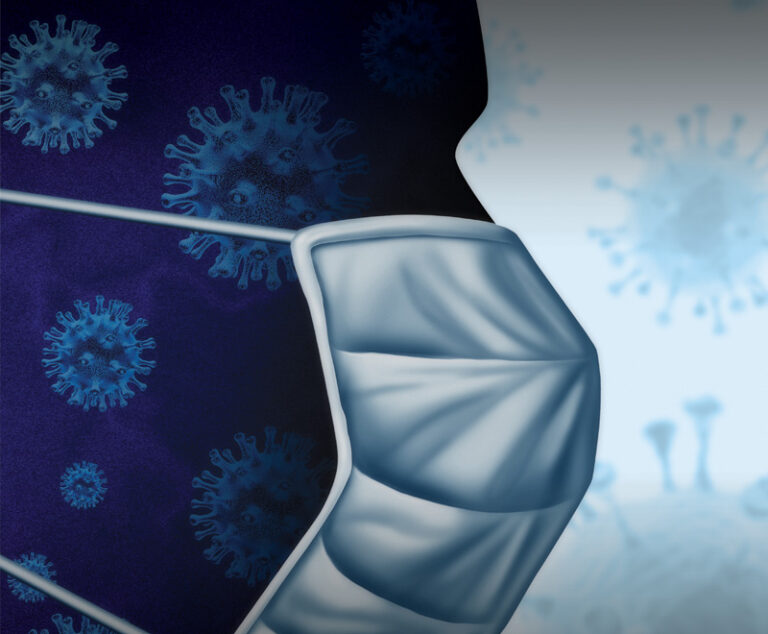Perspectives
Professionals, Providers & Patients
After several months of trying to get an appointment to get an mpox vaccine during the 2022 outbreak, Jeffrey Galaise finally got vaccinated right as he began experiencing symptoms of the disease.
The effects of exposure to misinformation about vaccines has been exacerbated by the COVID-19 pandemic. And, misinformation continues to flourish with damaging consequences.
Alicia House, who has been working in the opioid use disorder field since 2017 and has been on the Minnesota Opioid Epidemic Response Council since 2020, is a current advocacy member for the FED UP! Coalition.
Lori Lewis, whose son Ryan died from an overdose of opioids, has become an advocate for opioid addiction awareness.
Today, the most pressing patient safety issues are the urgency of address the proliferation of both prescription and illicit drugs, the ability of the U.S. Food and Drug Administration to monitor the safety of prescription medicines after they enter the market and the need to accurately track the number of deaths caused by medical mistakes.
Persistent health symptoms eventually led Utah-resident Charlotte Cobb to a diagnosis of Lyme disease.
As a board-certified internist and epidemiologist, Daniel Cameron, MD, MPH, is also a nationally recognized expert in the treatment of tick-borne diseases.
By accentuating many national healthcare crises that have been in the making for decades, solutions could be on the horizon.
Dr. Alexander Papp is a board-certified psychiatrist with 25+ years treating mental health disorders with an integrative approach. He has a special interest in using alternative therapies, including ketamine.
After battling depression for more than four decades, Debbie Dykes has found relief with an alternative therapy that was recently approved by the FDA for treatment-resistant depression.
Catapulted by the COVID-19 pandemic, the world of medicine is changing fast, with innovations in telehealth, disease treatments and medication adherence.
Even though COVID-19 appears to be changing from a pandemic to being endemic, there is no question that the ordeal profoundly impacted the world — and the positive and negative effects on society will be far-reaching.
